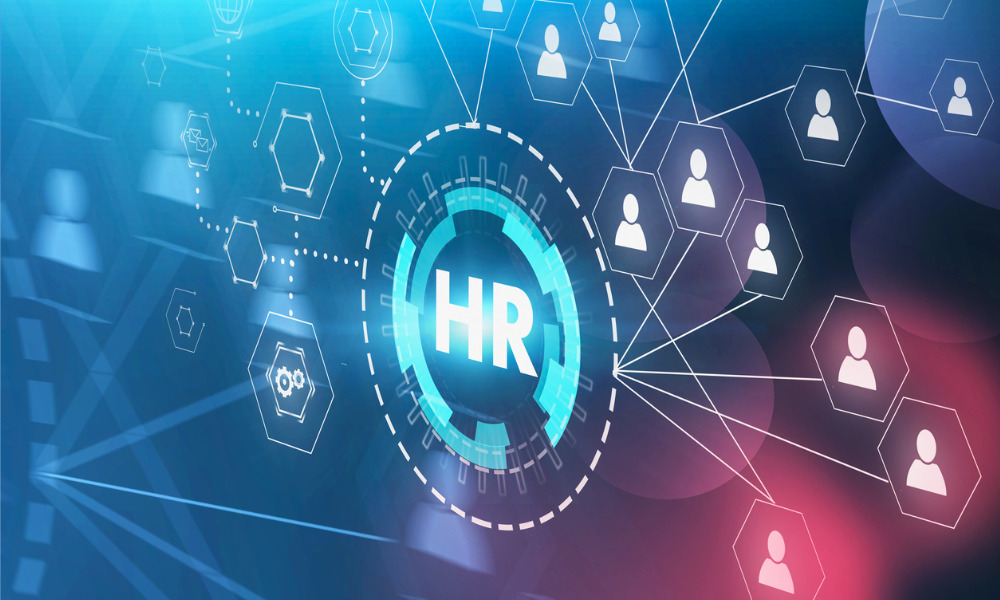
Workplace training can equip your workers with the skills succeed in the ‘new normal’ – do you have a solid training program in place?

Any chance of surviving and thriving in the ‘next normal’ comes by equipping people with skills they need to do their jobs now and in the coming years, according to Louise Anderson, VP, Australia and New Zealand at Degreed.
And, after all, isn’t future-proofing individual’s HR’s remit?
Anderson told HRD that being “future-ready” is a major priority for the C-Suite, as leaders navigate these economically, politically, and socially volatile times. This requires a learning experience that prioritises the individual.
“Change will be driven across all levels of the organisation, not from the top down. People want to learn, especially given the uncertainty in the market.”
In fact, according to Randstad, 86% of workers are intending to upskill or reskill this year to remain ahead of digitisation and to protect against job cuts.
READ MORE: Is your remote team suffering from app fatigue?
As organisations like Telstra and Capgemini have discovered, the best approaches work with each individual, to offer learning opportunities that align with their skills, needs, and aspirations.
Indeed, Anderson will be participating in an upcoming Degreed webinar on Learning how Telstra and Capgemini are transforming their workforce.
Anderson said HR professionals would do well to understand these strategies now, as readily skilled workforces are the driving force of recovery, adaptation, and innovation post-2020.
So what advice can Anderson offer for designing learning experiences for maximum impact?
Firstly, learning is no longer a nice-to-have or a niche HR area - it must become a board room imperative.
READ MORE: How technology can save your workforce
According to PwC, 78% of CEOs state that the availability of key skills is threatening their business growth. Yet only 23% of workers report that learning and upskilling is happening in their workplace.
“We need to bridge that gap if the economy, businesses, and society are to recover quickly from the events of 2020 and embrace the opportunities of digitisation, automation and other emerging trends,” said Anderson.
Creating a learning experience that engages every individual and encouraging widespread shifts in how learning is viewed across the organisation is key to this, she added.
If every worker is constantly upskilling ready for the future, Anderson said they (and the business) will be better prepared for the disruptions coming to the workplace.
“Putting people at the core of your learning strategy is essential to gaining widespread adoption and momentum. Help your learners align their efforts with their aspirations and your business goals.”
Consequently, this creates a complementary system where people want to learn because they are developing their careers and following their interests. Moreover, their upskilling activities boost the business’ bottom-line because of learning’s alignment with the wider organisation strategy.
Anderson said it’s also important to give people the ‘why’ behind learning - by offering future work and learning opportunities as something to aim for.
“This way, an individual can build their skills and be mobilised into a new role based on these skills,” said Anderson.
Then they can continue to upskill and are ready for their next career step - creating a positive talent cycle that ensures they’re always challenged, have the right skills, remain employable, and are retained by your organisation.
The Degreed webinar Learn how Telstra and Capgemini are transforming their workforce will take place on September 9, 2020. To register, click here.